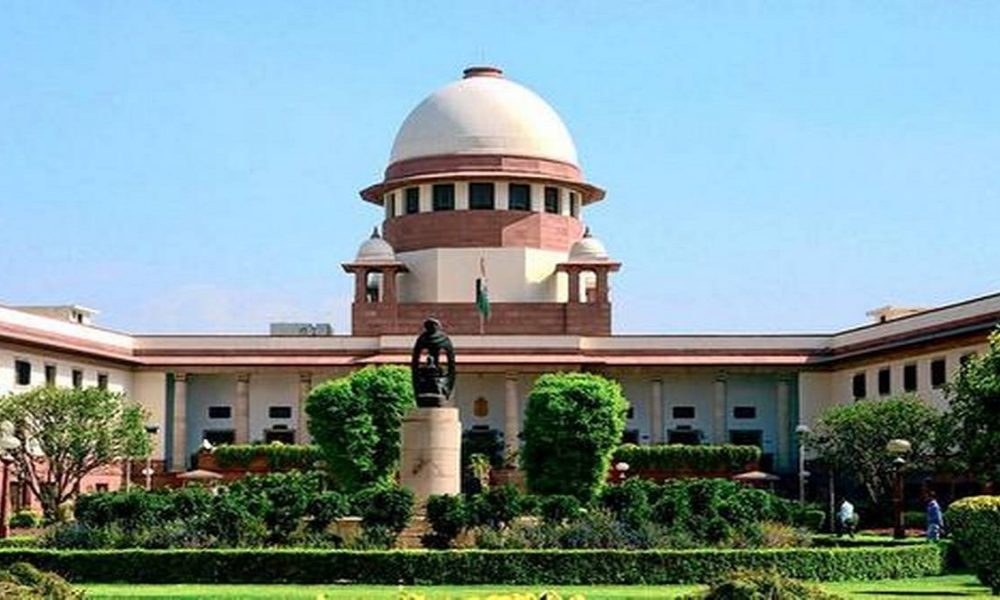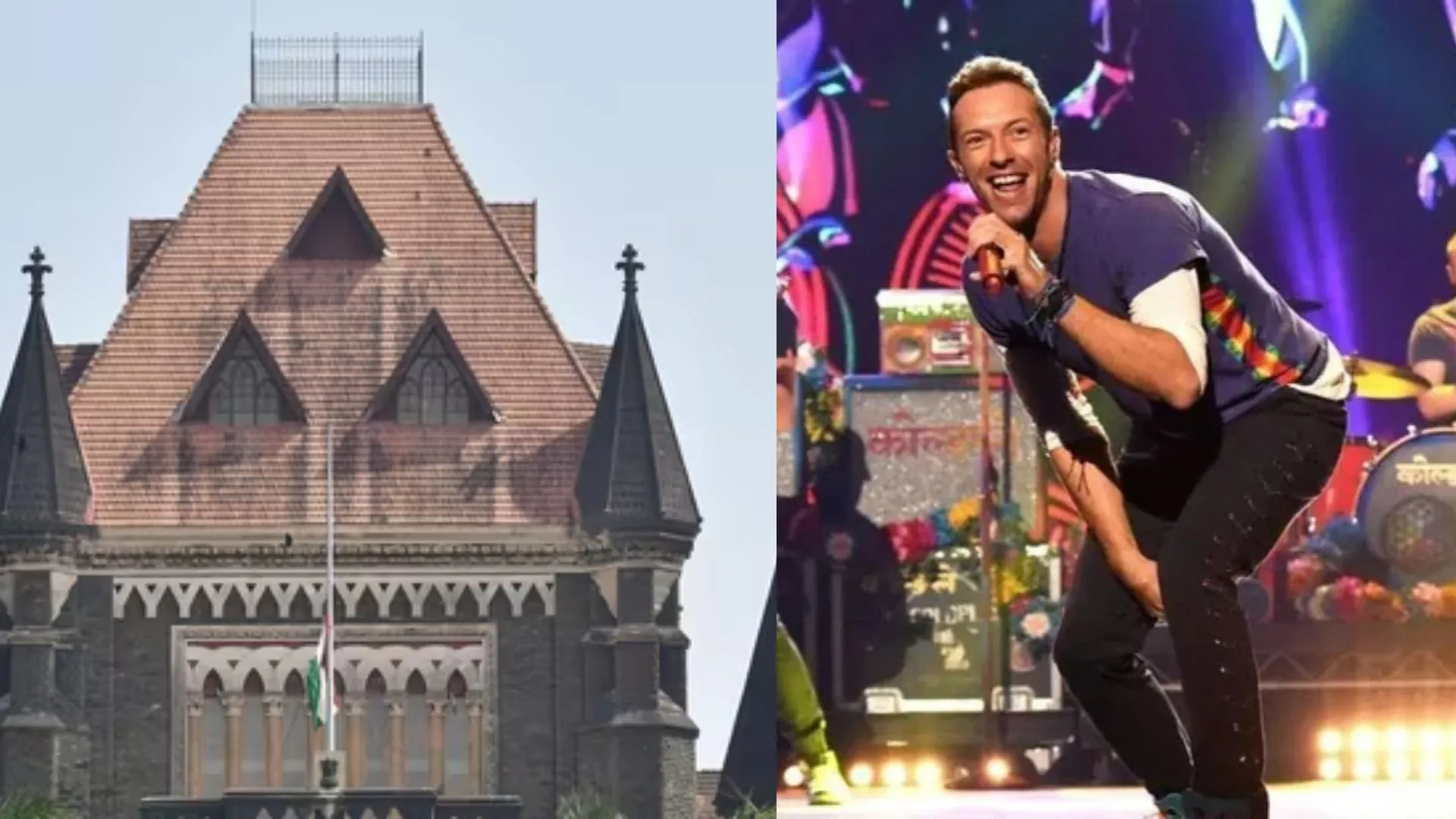The Supreme Court in the case observed that there is no plausible cause for delay is shown and has no obligation to consider the merits of an appeal which is barred by limitation.
There can be no question of any obligation of the Court to consider the merits of the case of the Appellant once the appeal is found to be barred under the Limitation Act. A liberal approach may be adopted when some delay is shown in some plausible clause thus the Liberal approach does not mean that even if the cause for delay is shown is glimpsy the appeal should not be allowed further it is said that the court should not waive limitation for all practical purposes by condoning inordinate delay caused by a tardy lackadaisical negligent manner of functioning.
The petitioner in this case failed to make a strong prima facie case for an appeal further it is emphasized by the court that under section 5 of the Limitation Act, while considering an application may also look into the prima facie merits of an appeal and the Court should not waive limitation
There can be no question of any obligation of the Court to consider the merits of the case of the Appellant. When consideration of an appeal on merits is pitted against the rejection of a meritorious claim on the technical ground of the bar of limitation, the Courts lean towards consideration on merits by adopting a liberal approach towards ‘sufficient cause’ to condone the delay, As the Law of Limitation binds everybody including the Government the law of limitation is valid substantive law, which extinguishes the right to sue, and/or the right to appeal. Once an appeal is found to be barred by limitation.
Filling an appeal under Section 37 of the Arbitration and Conciliation Act, the application for condonation of delay does not make out sufficient cause for condonation of the inordinate delay of 337 days the dismissal of the Appeal of a Government body on delay does not amount to unjust enrichment of the Claimant being further contended by the court, The bench noted
The Court dismissed the Special Leave Petition observing that the petitioners have failed to show sufficient cause for the condonation of the inordinate delay. Further it dismissed though the bench agreed with the contention that the High Court erred in holding that delay beyond 120 days in filing an appeal under Section 37 of the Arbitration and Conciliation Act was not condonable.
An appeal rejected by High Court, an arbitration appeal under section 37 of the Arbitration and Conciliation Act which is not compoundable beyond 120 days. In an appeal filled before the Apex Court. It stated that a good case on merit involving a huge public money ought not to be dismissed on the grounds of delay alone Thereafter the State Contended.
As the Law of Limitation binds everybody including the Government the law of limitation is valid substantive law, which extinguishes the right to sue, and/or the right to appeal. Once an appeal is found to be barred by limitation.























